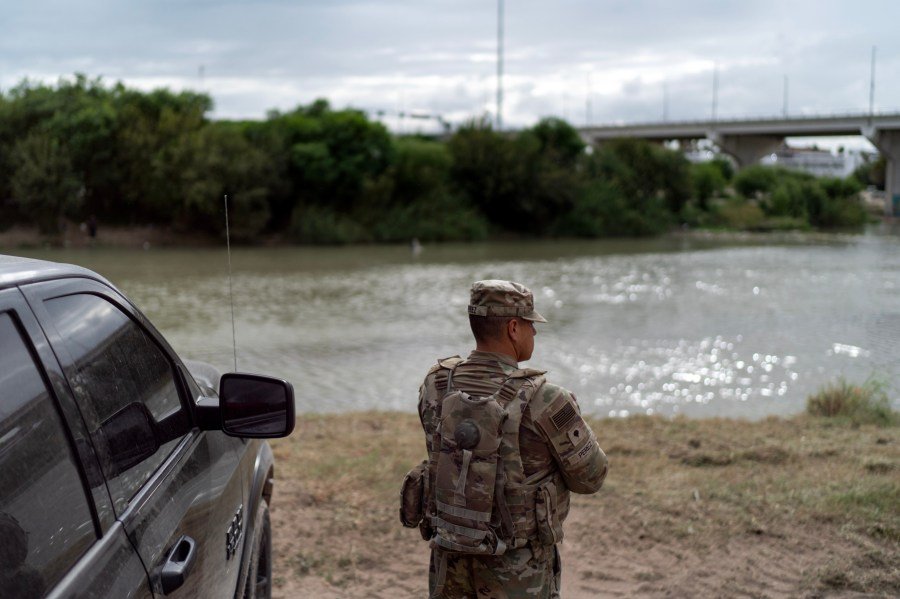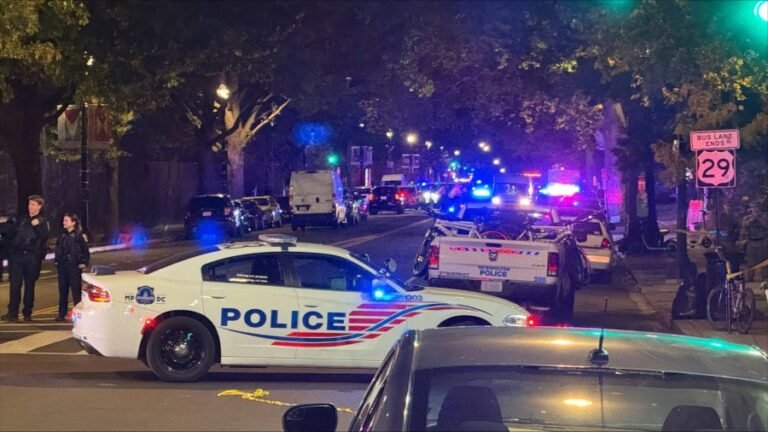
Houston police have referred more than a hundred detainees to ICE for immigration status checks this year — a surge of more than 1,000 percent, according to the Houston Chronicle.
This has not happened because of a spike in arrests or crime in Houston or anything like that. In fact, violent crime is down overall, according to Houston Police Department reports. But trust within Latino neighborhoods continues to erode. More residents now avoid even minor police contact, out of fear of triggering immigration inquiries, as highlighted in community reports.
Officials describe this spike in immigration status checks as a “technical data exchange.” In practice, it echoes the old pattern, whereby local police departments quietly turn themselves into immigration enforcement outposts. The rise in data-sharing reflects less a law enforcement need and more a political message — another way to signal a tough stance on immigration while setting aside both state law and community priorities.
Texas has expanded its border operations at a staggering scale, effectively building a parallel immigration system and testing the limits of state authority. Operation Lone Star’s cost has already surpassed $11 billion since 2021, according to a Texas Tribune analysis, with more than $3 billion allocated this year alone, amid requests for up to $13.5 billion in federal reimbursements — an amount greater than many states’ public health budgets.
Although border crossings have reached their lowest levels in five decades, according to Customs and Border Protection data, the state continues duplicating federal efforts, even deploying National Guard troops. According to the Houston Chronicle, only 24 percent of ICE referrals from local police led to actual detentions — the rest were bureaucratic exercises, each requiring significant resources and time, based on Houston Police Department operations. These practices raise serious constitutional questions and expose the state to potential lawsuits and financial penalties, as the ACLU has argued.
Even as arrests drop to record lows, costs keep climbing — driven by payments to private contractors, security firms, and local departments that are reimbursed for cooperating. In Texas, private contractors benefited from substantial funds in the first months of the year, exceeding prior migrant program spending patterns. The federal border security grants driving the funds continue even though they were initially justified by threats that no longer align with reality.
Ironically, the sharp decline in border-crossings has fueled even louder rhetoric about a border crisis and danger due to illegal immigration, turning security spending into an electoral weapon.
What is really happening in Texas isn’t just an overreach of state power — rather, it is a dress rehearsal for a national strategy. The fusion of policing, politics, and profit has turned immigration enforcement into a campaign instrument.
Each crackdown becomes a press release, each contract a political investment. In this feedback loop, effectiveness no longer matters — visibility does. The border becomes less a line on a map than a stage for proving who can look the toughest, no matter how little benefit that toughness delivers.
Federal immigration enforcement budgets have risen dramatically in recent years, while performance indicators keep falling. According to DHS’s Budget in Brief, about $29 billion went to Border Patrol and ICE — more than the combined budgets of the DEA and FBI. A small portion of that funding went toward speeding up case processing, the rest is being absorbed by longstanding contractor networks that have profited from federal grants for decades.
The paradox is self-sustaining — the longer the system runs, the more it feeds itself. The cost per detainee continues to rise and the overall number of detainees rises, enriching private vendors and deepening bureaucratic inertia. The border itself is now quiet, but the constant “border crisis” narrative helps secure the next round of funding, prioritizing political optics over measurable outcomes or public accountability.
Artem Kolisnichenko writes on crime, immigration, and border policy across the American South and Southwest.


